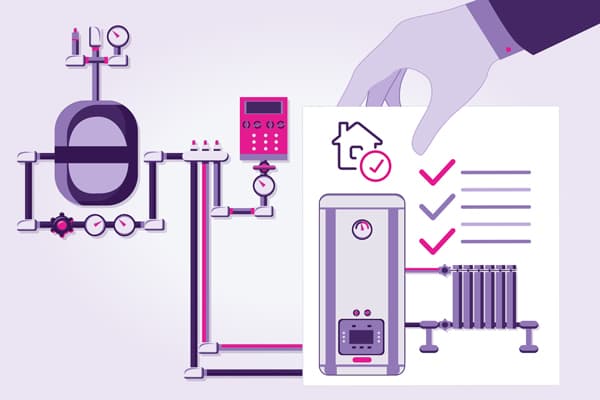Key Boiler Checks for Homebuyers: What You Need to Know
When looking to buy a property, it is important not to overlook utilities like boilers. Faulty boilers could lead to issues which could cost you a lot of money down the line.

When looking to buy a property, it is important not to overlook utilities like boilers. Faulty boilers could lead to issues which could cost you a lot of money down the line.

Compare moving quotes in 4 simple steps